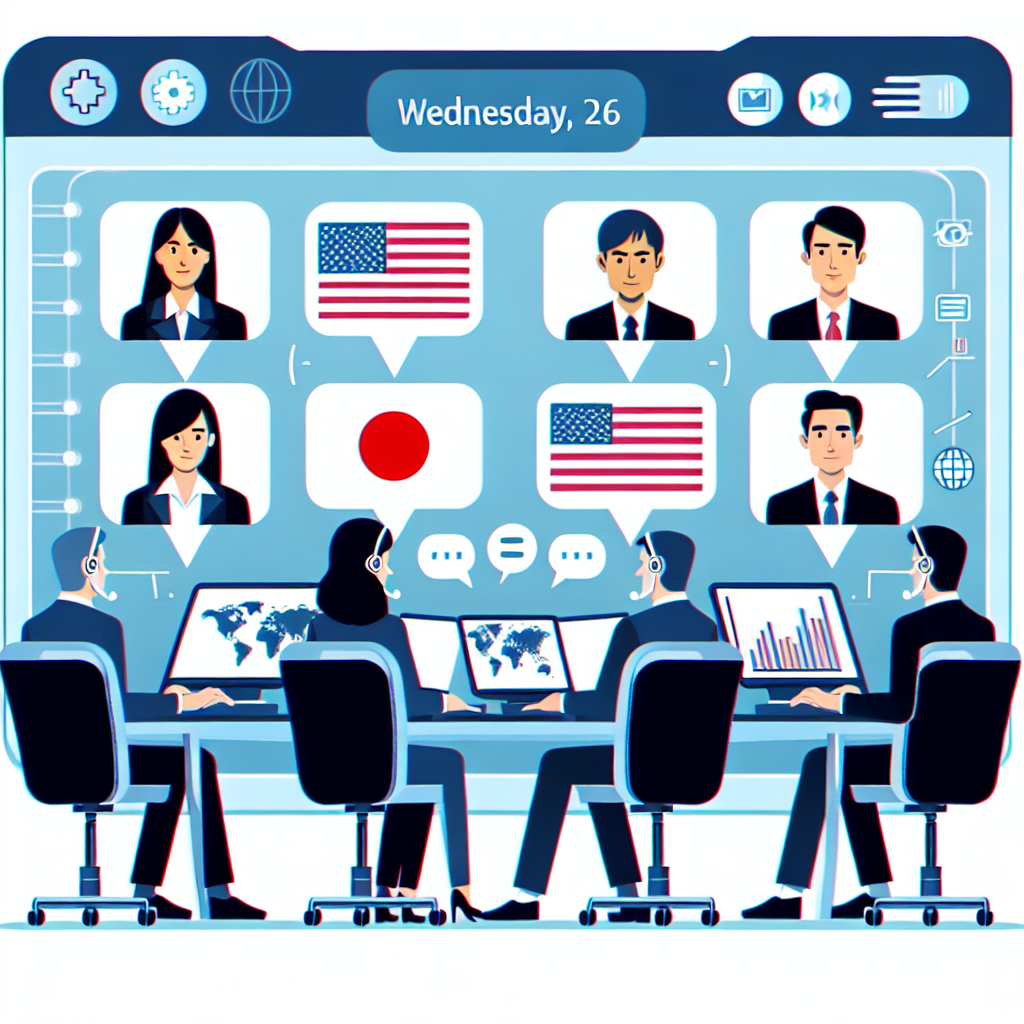On Wednesday, March 26, the United States Trade Representative Jamieson Greer and Chinese Vice Premier He Lifeng held a video call to discuss economic and trade issues between the US and China. Following the call, both sides issued brief statements highlighting the trade disagreements between the two nations.
The U.S. Trade Representative’s Office released a statement after the call, stating that Ambassador Greer held an introductory discussion with Chinese Vice Premier He Lifeng via video conference to exchange views on U.S.-China economic and trade relations.
“In a candid discussion, Ambassador Greer outlined President Trump’s efforts to establish a robust and revitalized trade policy to promote domestic investment and productivity, enhance U.S. industrial and technological advantages, safeguard our economic and national security, and benefit American workers and businesses,” the U.S. statement said.
The statement emphasized Greer’s serious concerns regarding China’s unfair and anti-competitive trade policies and practices.
According to Xinhua News Agency, on March 26, Chinese Vice Premier He Lifeng engaged in a video call with U.S. Trade Representative Greer. The Chinese side expressed strong concerns about the U.S. levying tariffs on China under the pretext of fentanyl, the Section 301 investigation, and proposed “reciprocal” tariffs.
The Chinese statement also highlighted the importance of frank and in-depth exchanges of views on key bilateral economic and trade issues in line with the important consensus reached in the phone call between the leaders of China and the U.S. on January 17.
Both the U.S. and China stressed the importance of maintaining communication in the future.
This call comes as President Trump prepares to implement reciprocal tariffs next week, which could lead to additional tariffs on Chinese goods.
Since taking office in January, the Trump administration has imposed a 20% tariff on all Chinese imports, accusing Beijing of not taking sufficient measures to prevent the flow of chemical precursors used in producing the deadly drug fentanyl.
In retaliation, Beijing has imposed tariffs of up to 15% on U.S. goods such as oil, liquefied natural gas, and agricultural products.
In recent years, due to trade, technology restrictions, and issues related to Taiwan, U.S.-China relations have deteriorated to historic lows.
On Tuesday, the U.S. Department of Commerce’s Bureau of Industry and Security (BIS) added 80 companies and institutions to its Entity List, citing violations of U.S. national security and foreign policy.
The entities newly added to the blacklist include over fifty entities from China and Hong Kong. BIS explicitly stated in a statement that this action aims to prevent the Chinese Communist Party from “acquiring and developing high-performance and exascale computing capabilities as well as using quantum technology for military applications.”
Exascale computing is the latest supercomputer technology that drives further development of artificial intelligence. It describes computing speeds of at least 1 exaflop, or one billion billion floating-point operations per second.
Another aim of the U.S. is to hinder China’s development of hypersonic weapon programs, which are essentially weapons flying at five times the speed of sound with enhanced maneuverability to evade defenses.

